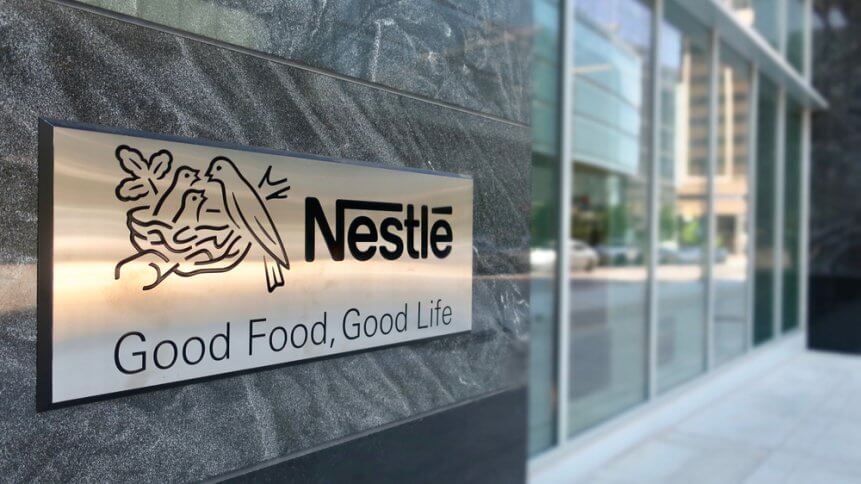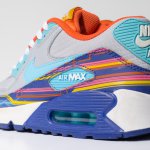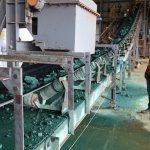Can blockchain help brands win hearts with sustainability goals?

- Consumers are increasingly demanding transparency and sustainability from their brands
- Clever applications of blockchain can bring traceability to the supply chain to ensure the right practices are in place
- A number of globally-leading brands are showing how this can be done
Sustainability is one of the burning issues in the world (besides the coronavirus outbreak), and emerging technologies such as blockchain are gradually being explored as a possible solution.
A survey by FMCG Gurus revealed that 31 percent of global consumers have low confidence in food brands and a quarter has indicated that they have become less trusting of food brands in the last two years.
The survey, which gathered responses of up to 26,000 consumers across 26 countries, was intended to explore consumer attitudes towards blockchain and acceptance of the technology.
Bearing in mind that an emerging number of consumers are more conscious of the environmental impact of products, blockchain has some key characteristics that can help address this concern.
Up to 58 percent of consumers stated they are most curious about the level of carbon footprint released as a result of product distribution. It can be implied that this information may influence consumer choice and perception of a brand.
Another 51 percent claimed it is essential for brands to monitor their supply chain and ensure ethical practices are in place.
Arun Ghosh, US Blockchain Leader at KPMG, is confident that blockchain has the potential to be a “central component” in a bid to tackle climate change.
Clearly, brands are recognizing the value of blockchain to bring added visibility and transparency to satisfy the demand of conscious consumers with heightened concerns for climate change and sustainable means of living.
Below are some examples of how brands from different industries are leveraging blockchain to achieve sustainable goals and win consumer’s confidence.
Blockchain used to promote sustainability
Since Nestlé joined IBM Food Trust as a founding member in 2017, the company has consistently utilized technology to gain better visibility in its supply chain.
In order to ramp up sustainability efforts, the Swiss food giant has deployed blockchain platforms to many of its popular products and gained consumer’s trust.
Starting with food products such as Mousline purée and infant formula Guigoz in France. Recently, the multinational company has expanded its sustainability efforts to its Zoégas coffee product.
According to its press release, consumers can track the coffee journey from coffee bean farms to the “Zoégas factory in Helsingborg where the beans are roasted, grounded, and packed.”
Besides that, additional details such as the background of farmers, time of harvest, transaction documents for shipments and roasting period are accessible as well.
H&M’s high-end premium brand, COS, is one of the many brands on board with the blockchain bandwagon.
The clothing brand adopted a blockchain-based supply chain management platform, VeChain’s services to kick start its journey to more sustainable business models.
YOU MIGHT LIKE

Can blockchain serve sustainability-focused brands?
The company aims to leverage the distributed ledger technology (DLT) to highlight and prove the authenticity and sustainability of its raw materials.
The chief executive of VeChain, Sunny Lu, shared that “more than 4,000 sustainability products were traced” using ‘MyStory’ — a traceability platform powered by VeChain that was developed with international classification society DNV GL, as reported in Cointelegraph.
To elaborate, DNV GL’s MyStory product allows good manufacturers to upload and update data regarding products and traceability information onto the company’s public blockchain.
COS making use of available data, choose to link it to their clothing products with QR and NFC tags, enabling customers to view product details such as the manufacturing process and the use of various sustainable materials.









